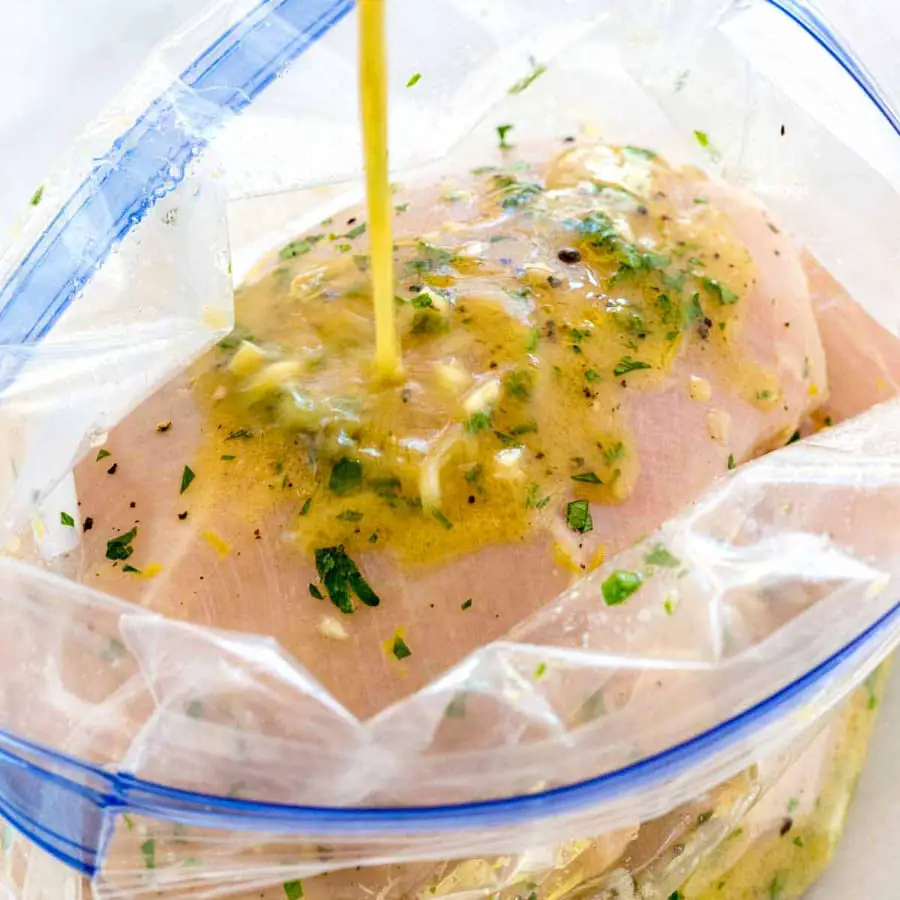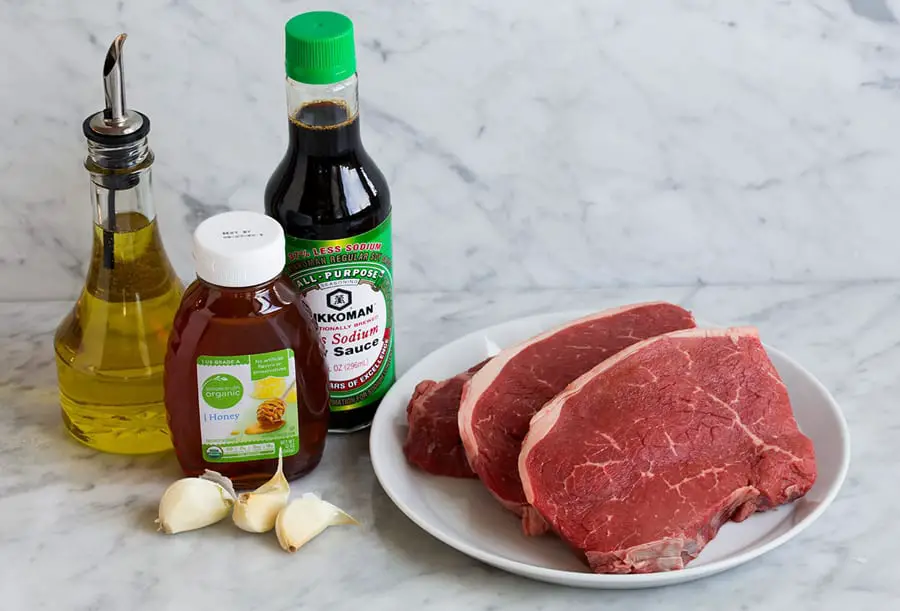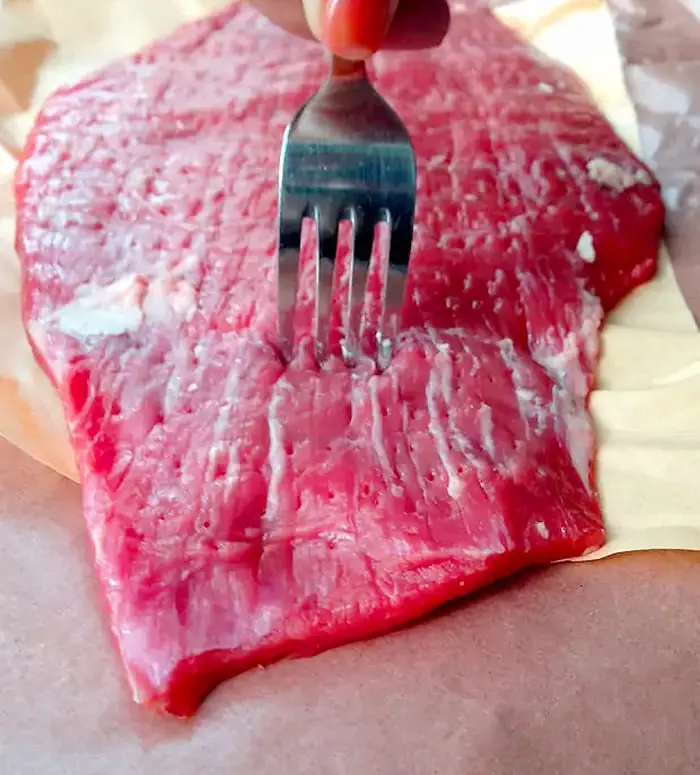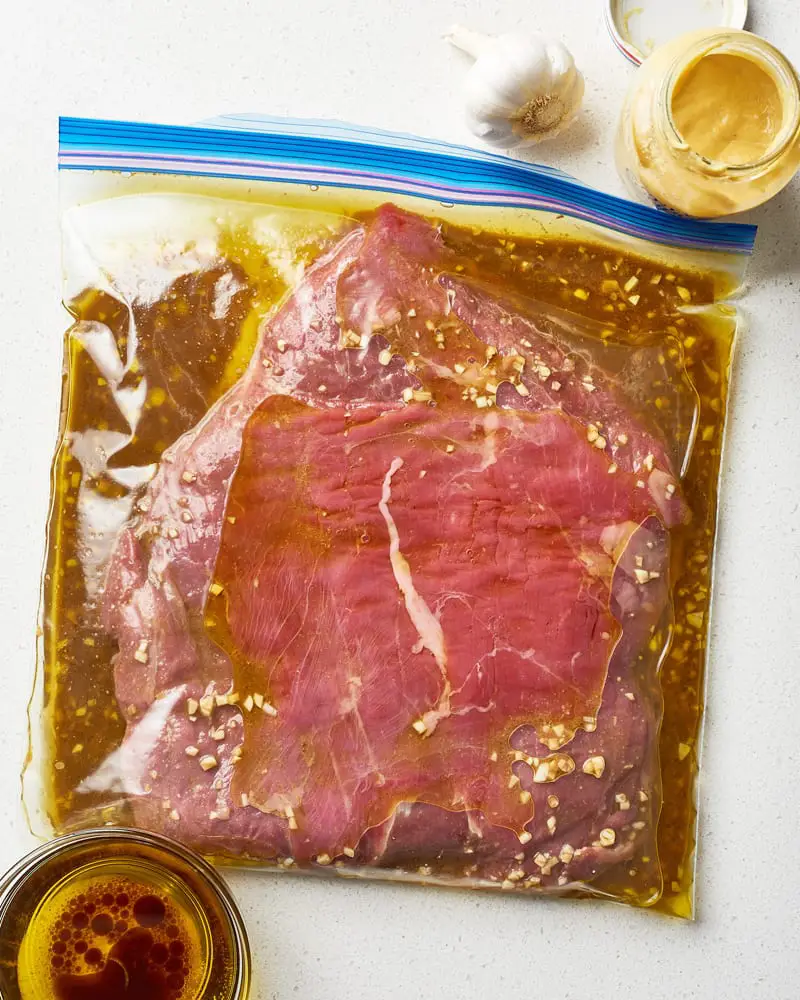Dreading tasteless meat that you cook at home, no matter how hard you try? Whether you are searing a steak, making homemade beef patties or deep-frying some chicken pieces, you can easily enhance the meat flavour by using the marinating method. Marinate meat like a pro with these tips!
Why Marinating Meat Matters?
Ever wonder why the beef and chicken tastes so good when you eat them at some of the cafes or restaurants? It isn’t just the way the meat is cooked on the stove, grill or oven. Marinating them is also a key step! A marinade refers to the soaking method that combines liquid ingredients with herbs and spices prior to the cooking process. Not only does the marinade add flavour to meat, but it also tenderises them, particularly if you combine them with acidic ingredients like lemon juice, vinegar or yoghurt.

Common Marinade Ingredients You Should Know
When comes to marinating meats, there are three common ingredients you should take note of. This includes acid (vinegar, citric acid or lactic acid like yoghurt), oil (e.g. olive oil, avocado oil) and flavours (e.g. salt, soy sauce, herbs, spices and/or Worchestershire sauce a.k.a. Lea & Perrins).

Sometimes a sweetener like honey or sugar is also added to help balance the acidity upon marinating the meat.

Marinating 101: Types, Tips & Times
a) Beef, Pork & Lamb
Whether you are cooking beef, pork or lamb, you want it to taste juicy and tender. And the key for doing that is to tenderise it using acids like lemon/lime juice, buttermilk or yoghurt. Adding salty flavours, namely soy sauce can help the meat remain moist. Plus, combining oil and a sweetener like sugar would give that nice, caramelised crusts.
Marinating time: 30 minutes to 24 hours. The longer you marinate the meat, the better it tenderises and absorbs all the flavours.

b) Chicken
Important ingredients, especially buttermilk and yoghurt, contain live cultures that help to break down proteins. In other words, either of these ingredients helps to tenderise the chicken meat. You can also choose the brining method using salt, water, herbs and seasonings. It makes the meat tender, juicy and flavourful.
Marinating time: 20 minutes to 3 hours (thin/small pieces of chicken) and up to 24 hours (whole chicken)

Use The Fork Method
For better flavour absorption, simply grab a fork and poke some holes into the meat before you start marinating it. Doing so would help to absorb the flavour well. If you are grilling a steak, try using a knife (make sure it’s sharp enough) and slick the surface of the uncooked meat in a crisscross pattern. Do the same thing for the other side. Not only it absorbs the marinade better but also helps to caramelise the steak when you sear it on the pan.

Contain Your Meat Marinade
Plastic bags aren’t the only option upon marinating the meat. Here’s an important thing to take note: If you use a plastic bag, make sure it’s food-safe and resealable. The latter helps to reduce waste and remember to wash the bag with hot soapy water after using it.

You can also use other options including containers made of non-reactive materials such as ceramic, glass and stainless steel. Avoid using metal container since the acid content of the marinade can react with it and cause chemical poisoning.

Always Marinate In The Fridge
Once you have added all the necessary ingredients for your meat marinade, remember to seal them completely no matter you are using a plastic bag or container. Place your marinade in the refrigerator, preferably on the bottom shelf. If you choose to leave your marinade on the kitchen counter, the room temperature would encourage bacteria to multiply and cause foodborne illnesses like stomach cramps and even diarrhoea.
















